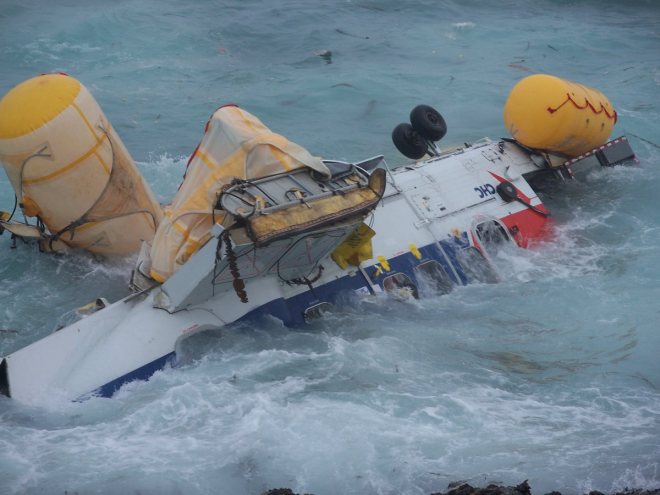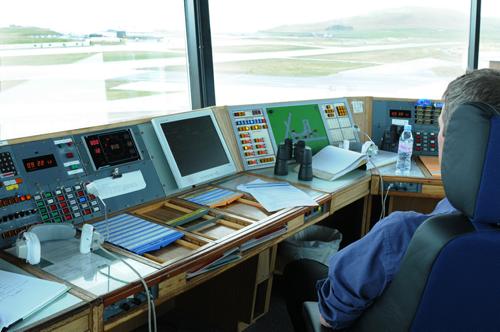Pilots’ union defends safety reforms

Criticism has been levelled at claims helicopter safety reforms earmarked for introduction this summer could do more harm than good.
Pilot union Balpa has hit back at Oil and Gas UK after the offshore industry body came out against calls from the Civil Aviation Authority to introduce a series of measures from June.
The CAA measures will see a restriction on the number of people allowed to fly on offshore helicopters. It will also prevent helicopters from flying offshore during severe weather and require all passengers to sit next to an emergency exit.
The changes were announced in February following a far-reaching review.
Last week Oil and Gas UK said that the regulations could damage safety and have a negative impact on North Sea maintenance and productivity.
The body’s health and safety director, Robert Paterson, also argued the changes could lead to delays in “safety critical” maintenance programmes in offshore installations.
Balpa says it has contacted the CAA and has urged it to challenge “backsliding” by the oil and gas industry.
Jim McAuslan, the union’s general secretary, said, “We have today written to the chief executive of the CAA, Andrew Haines, urging him to ensure the CAA review board’s recommendations contained in its recent review … are fully implemented and to ask him to challenge backsliding by the oil and gas industry.
“We have also written to Scotland’s First Minister pressing him not to be held hostage by the large multi-national companies that have a history of setting the agenda.”
It comes as calls for a public inquiry into offshore helicopter safety have been intensified at an STUC conference.
Delegates from the Unite union came together in Dundee to hear from industry representatives and a survivor from last year’s Super Puma crash off Sumburgh, which claimed the lives of four people.
Unions say the industry needs to tighten its belt on safety if UK practices are to match Norway’s impressive record.
They say the UK offshore oil and gas industry has suffered 38 fatalities involving offshore helicopter “transfers” since 2002, compared with zero in the Norwegian sector over the same period.
Today a special Unite fringe event highlighted its Back Home Safe campaign alongside contributions from solicitors who represented the families of the 2009 North Sea crash fatalities at the recent Fatal Accident Inquiry and Toby Croft – who survived last August’s fatal crash off Sumburgh.
Unite’s Scottish secretary Pat Rafferty said, “A public inquiry into offshore helicopter safety will be able to peel away the layers and help get to the root of the British problem and we can do this by following the example of our North Sea neighbours, Norway.
“Fifteen years ago the Norwegian’s conducted a series of public duties into offshore safety, implementing uniformed standards for helicopter transfers to offshore installations alongside robust workplace health and safety regulations which empowered workers and trade unions.
“Yet there is a crisis in confidence over offshore helicopter safety and it has to be addressed by the industry and governance in conjunction with their offshore trade unions – that’s the views of over 3,500 workers who responded to our Back Home Safe survey and petition.
“If our politicians and the UK offshore industry are serious about tackling this festering sore in our most profitable industry then they must agree that a full public inquiry is the only way which we can forensically analyse the problem and begin to remedy it.
“It’s far too late for the victims and families but we must do everything we can to learn from these tragedies and limit the possibility of more devastating workplace fatalities from happening in the future.”








NO COMMENTS
Add Your Comment